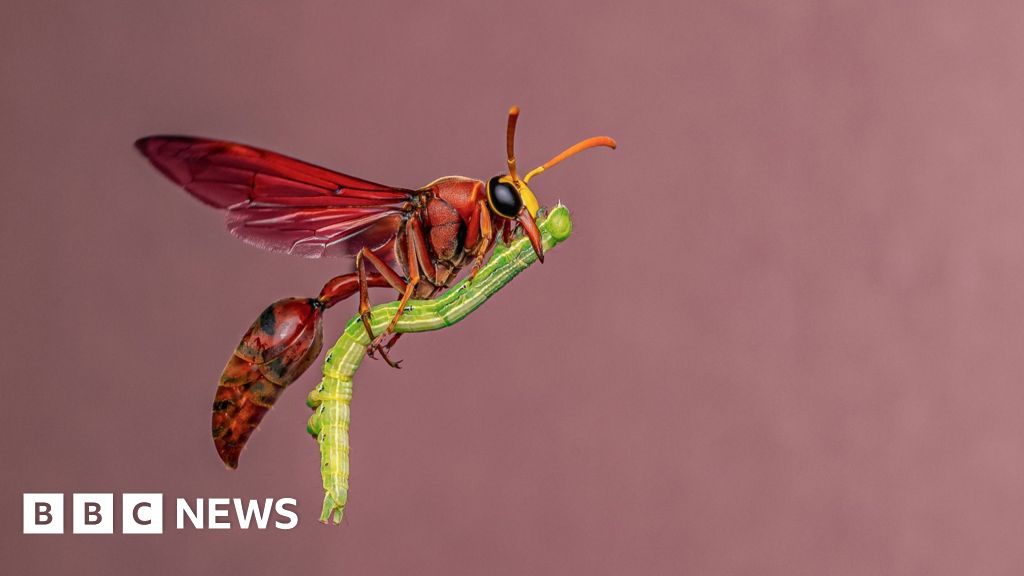The permits were defended by the government, which stated they provide "some predictability" to the whaling industry while ensuring that catches are regulated according to scientific advice. Iceland remains one of only three countries in the world still practicing commercial whaling, alongside Japan and Norway, and permits are typically issued for a period of five years—though the prior permits expired in 2023.
The recent whaling season, which lasted only three weeks, concluded with 24 fin whales killed against a quota of 209. This came after a government-commissioned investigation in the same year had suspended whaling for two months, highlighting noncompliance with animal welfare laws. The results of the inquiry revealed that explosive harpoons were inflicting severe pain upon the captured whales, raising serious ethical concerns.
While the Hvalur, Iceland's last operational whaling ship, had relied on annual license renewals, this new ruling has triggered protests from groups such as the Icelandic environment association, who argue it breaches the principles of environmental sustainability and animal welfare. Prominent figures, like Sharon Livermore from the International Fund for Animal Welfare, condemned the decision, accusing the government of capitulating to the interests of wealthy whalers during its final days in power.
In response to critiques, the Icelandic government emphasized that its total allowable catch was aligned with guidelines from the Norwegian Fisheries Agency, which employs a sustainable and precautionary approach for marine resource management. Meanwhile, the political landscape in Iceland is shifting after the ruling Independence Party faced setbacks in recent elections, raising questions about the future of whaling policies in the country.
The recent whaling season, which lasted only three weeks, concluded with 24 fin whales killed against a quota of 209. This came after a government-commissioned investigation in the same year had suspended whaling for two months, highlighting noncompliance with animal welfare laws. The results of the inquiry revealed that explosive harpoons were inflicting severe pain upon the captured whales, raising serious ethical concerns.
While the Hvalur, Iceland's last operational whaling ship, had relied on annual license renewals, this new ruling has triggered protests from groups such as the Icelandic environment association, who argue it breaches the principles of environmental sustainability and animal welfare. Prominent figures, like Sharon Livermore from the International Fund for Animal Welfare, condemned the decision, accusing the government of capitulating to the interests of wealthy whalers during its final days in power.
In response to critiques, the Icelandic government emphasized that its total allowable catch was aligned with guidelines from the Norwegian Fisheries Agency, which employs a sustainable and precautionary approach for marine resource management. Meanwhile, the political landscape in Iceland is shifting after the ruling Independence Party faced setbacks in recent elections, raising questions about the future of whaling policies in the country.





















